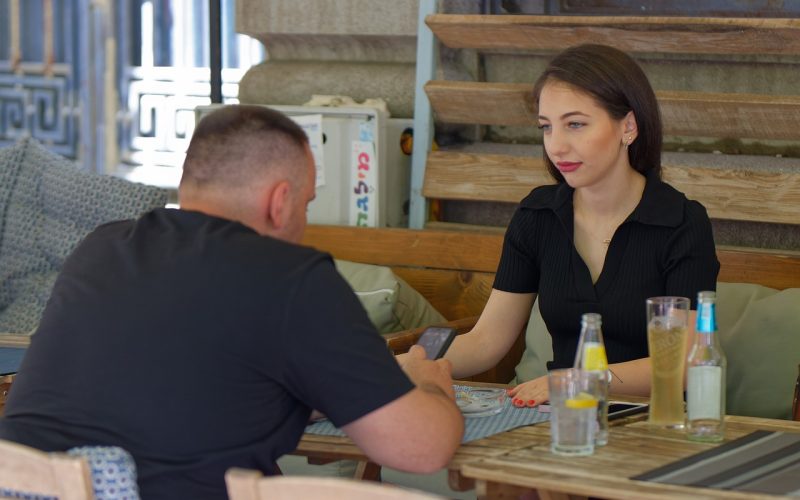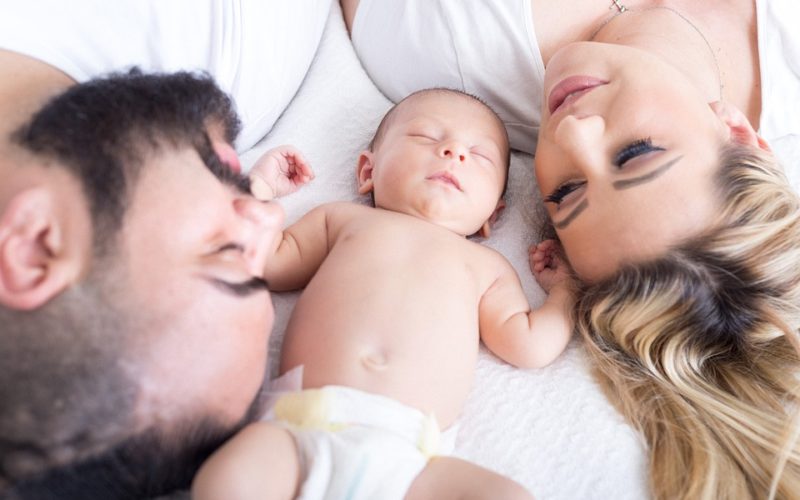Coming Out Stronger Together
Experiencing a traumatic event can profoundly impact individuals and their relationships. Whether it’s the loss of a loved one, a serious illness, financial hardship, or any other life-altering challenge, couples often find themselves navigating turbulent emotional waters together. However, while difficult, these moments can also serve as opportunities for couples to forge deeper connections and emerge stronger than before. By supporting one another, fostering open communication, and actively working on their relationship, couples can not only heal but also grow from adversity.
Recognise the impact of trauma on your relationship
Trauma doesn’t just affect individuals; it can influence the fabric of a relationship, manifesting in ways such as increased misunderstandings, tension, or emotional distance. It is important to acknowledge the significant toll it can take without assigning blame. Recognising that stress responses, such as irritability or withdrawal, may stem from the aftermath of trauma rather than personal shortcomings can help couples approach their struggles with empathy.
Acknowledging the impact of trauma is the first step towards addressing it together. Avoid minimising your partner's experience or emotions, even if their response to the event differs from your own. Understanding that people process stress and trauma differently is fundamental to building a compassionate and supportive environment.
Foster open and honest communication
Communication is often the lifeline in difficult times, yet it can also become one of the first victims of trauma. Emotional pain may lead to silence or miscommunication, creating further distance between partners. To counteract this, couples should make an intentional effort to create space for open and respectful dialogue.
Encourage each other to share thoughts and feelings without the fear of being judged or dismissed. Simple statements such as "I’m here to listen" or "It’s okay to feel what you’re feeling" can provide reassurance. Remember, active listening is just as vital as speaking—this means giving undivided attention, showing empathy, and validating your partner’s emotions.
Seek professional help when needed
Sometimes, the weight of trauma may feel too heavy to bear alone as a couple. Seeking professional help from a therapist or counsellor can provide invaluable support. Therapy is not a sign of weakness—in fact, it offers a proactive way to learn coping strategies, process emotions, and strengthen the relationship.
Couples therapy specifically can help partners explore how trauma has influenced their dynamic and provide practical tools to rebuild trust and security. Even if both individuals feel they can manage independently, guidance from a professional can often accelerate healing and prevent long-term emotional scars.
Prioritise connection and emotional intimacy
Traumatic events often leave individuals feeling disconnected—not just from themselves, but also from their loved ones. Rebuilding and maintaining emotional intimacy is therefore essential during these trying periods. Small gestures of affection, such as holding hands, a comforting hug, or simply spending time together, can help re-establish a sense of closeness.
Additionally, making time for shared activities can reinforce the bond between partners. Whether it’s cooking dinner together, taking a walk, or re-watching a favourite movie, these moments provide opportunities to create positivity amidst the challenges. When possible, use these interactions to remind each other of the love and shared goals that brought you together.
Focus on self-care while supporting one another
Trauma can be draining, and neglecting self-care often aggravates the emotional burden. Encourage each other to prioritise physical and emotional well-being. This could involve eating nutritious meals, exercising, or even meditating. For some, self-care may also include hobbies or creative outlets that help them process emotions.
While supporting your partner and being present is essential, it’s important to set boundaries and take care of yourself, too. You can’t pour from an empty cup, so ensure there’s balance in giving and receiving support. Remember, a healthier, happier you will be better equipped to nurture the relationship.
Celebrate resilience and growth
Emerging stronger from trauma is no small feat, and it’s worth acknowledging and celebrating progress, no matter how small. Reflect as a couple on the ways you’ve grown together—whether it’s learning how to communicate better or finding renewed appreciation for each other. Celebrating milestones, even minor ones, can serve as powerful reminders of your shared resilience.
Furthermore, couples who overcome adversity often develop a deeper sense of trust and connection. These experiences can serve as foundations for building an even stronger relationship moving forward. While trauma is never desired, the lessons it leaves behind can inspire greater empathy, communication, and understanding in the long term.
Overcoming trauma together
Trauma presents significant challenges, but it also offers couples the opportunity to rise above and strengthen their bond. By recognising the unique pressures posed by trauma, fostering communication, practising self-care, and seeking help when necessary, partners can support each other through even the most difficult times. Remember, challenges do not have to define a relationship—they can serve as a testament to its strength. Together, you can move forward, heal, and create a future filled with deeper connection and understanding.










